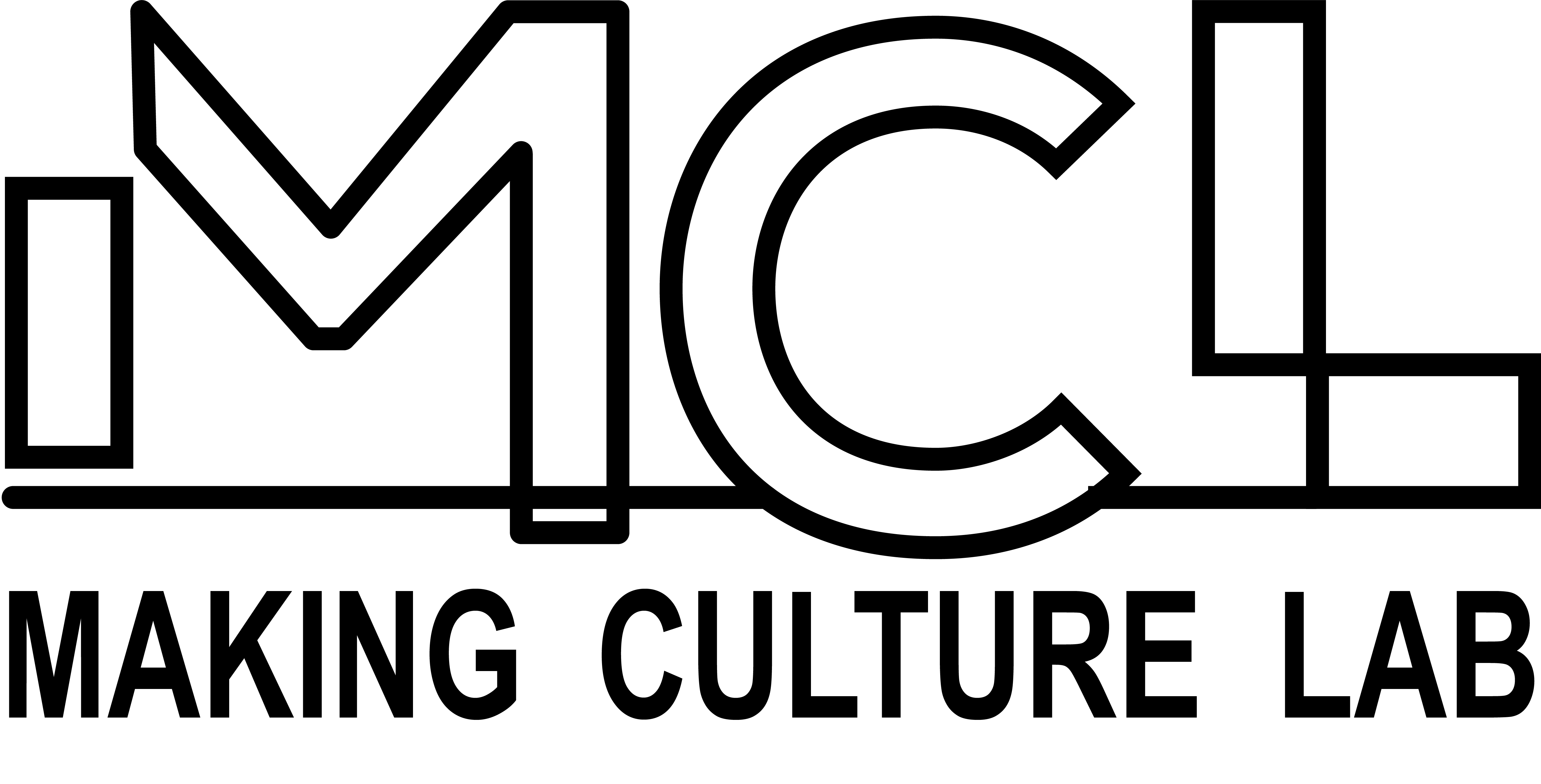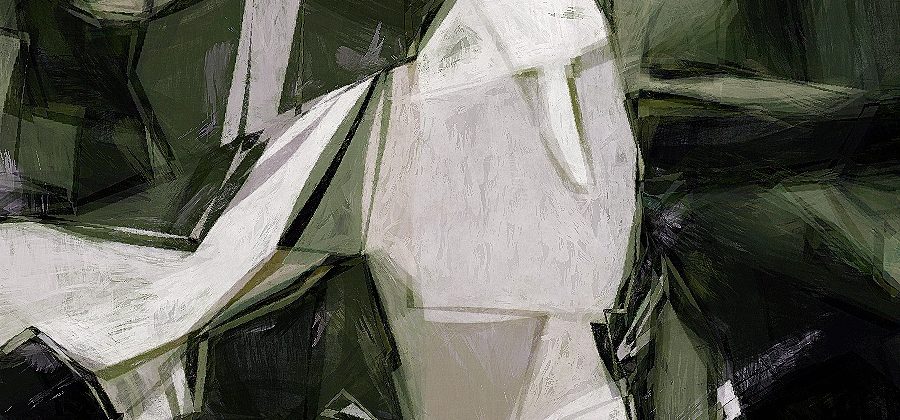SIAT + UBC team wins Journalism 360 Challenge Grant
The Making Culture Lab is excited to be collaborating with SIAT’s Steve DiPaola and Taylor Owen from the UBC Graduate School of Journalism on this exciting project. AI-generated Anonymization in VR Journalism is “Helping reporters test whether an emotional connection can be maintained in immersive storytelling formats when a character is algorithmically distorted so that their identity is hidden. The tool aims to provide investigative journalists with a means to preserve the confidentiality of a subject, while using an animation to ensure viewers remain emotionally connected.
This project was awarded a 2017-2018 Knight Foundation/ Google News Lab / Online News Association Journalism 360 Challenge Grant.
From the press release:
“We’re proud to support the first class of Journalism 360 grant winners. Each winner sits on the cutting edge of immersive storytelling, a new frontier in media. We’re eager to see these projects brought to life and become points of reference and education for the rest of the journalism industry,” said Erica Anderson, Google News Lab partnerships manager.
“Immersive storytelling presents an entirely new way to connect to audiences,” said Irving Washington, Online News Association executive director. “We hope these projects inspire others to experiment and push the boundaries of what’s possible with immersive journalism.”
“We’re building a community of creators who can help bring immersive storytelling to a wider audience through grants, education, and training,” said Laura Hertzfeld, Journalism 360 program director. “These 11 projects represent the breadth of ideas and innovation that Journalism 360 will cultivate in the coming months.”
***************

Abstraction from our AI neural network system. © Steve DiPaola.
AI-generated Anonymization in VR Journalism
Taylor Owen (Graduate School of Journalism, University of British Columbia), Kate Hennessy and Steve DiPaola (School of Interactive Arts and Technology, Simon Fraser University)
This project explores the use of computational abstraction in video-based virtual reality journalism for the purpose of anonymizing subjects. Using an AI video filter tool developed by project collaborator Steve DiPaola, we will test whether emotional resonance, or empathy, can be maintained when a character is algorithmically distorted to the point at which their identity is hidden. Our goal is to address a central challenge in VR journalism – that standard tools of anonymization such as blurring or blacking out faces and silhouettes breaks the emotional connection that is the central premise of the form. Using animated abstraction could allow for a viewer to remain emotionally connected to a character or subject, while still granting the confidentiality needed for investigative journalism.
This project has three components. First, we are adapting an AI filter for use in 360 3D video environments.
Second, we are running a series of experiments to determine whether the empathetic connection created in immersive video translates to abstracted animations. This involves three tests: (1) a study to determine which magnitude and types of abstraction best convey an emotional connection of an interview; (2) determine at what point of abstraction emotional connection is lost; and (3) develop a low barrier interactive tool to allow interview subjects to fine tune their own level of abstraction. Third, we will produce a short piece of journalism portraying various characters with different levels of anonymization.

